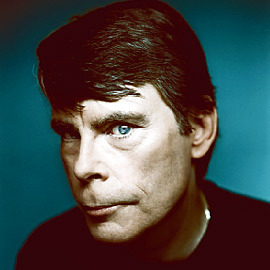Title: Childism: Confronting Prejudice Against Children
Author: Elisabeth Young-Bruehl
Year of Publication: 2012
Genre Keywords: abuse, children, child abuse, child protection, domestic violence, emotional abuse, narcissism, neglect, non-fiction, parenting, prejudice, psychology, sexual abuse, sociology, violence, witch hunts.
Summary: In our culture, adults tend to understand children as the property of their parents, wild and uncivilized creatures who must be made to submit to authority rather than nurtured to fulfill some innate potential. The essential thesis of the book is that child abuse is a symptom of these larger prejudices, which are one point on the continuum that leads from responsible caregiving into abusive behaviour. The author, a trained and certified psychoanalyst, uses her observations of real abuse victims and of well-known studies in Child Abuse and Neglect to make the case that protecting children from abuse requires us to consider and challenge our beliefs about the nature of the child.
Who’ll Love It: Anybody who cares deeply about children will want to at least consider the idea that we interact with them more as possessions to be shown off, pets to be trained, than as real human beings. (Sure, they’re works in progress, but aren’t we all?) Fans of psychoanalytic theory and of topics in Prejudice Studies (like racism and sexism) will definitely appreciate Young-Bruehl’s approach. If your first reaction, however, was “Well, kids are wild animals who require strict discipline to become grown-up people”, you might want to start off with books on child development, investigating the educational and emotional needs of children as they grow. I also recommend How to Talk So Kids Will Listen and Listen So Kids Will Talk by Adele Faber & Elaine Mazlish; I consider it the definitive guide to treating children with respect while still providing appropriate guidance and boundaries. I basically have it memorized.
Reality Check: Young-Bruehl definitely makes a point of restricting the scope of her book; she discusses childism primarily in the concept of child abuse and its psychological ramifications. But there are so many different places to apply the theory of childism. Consider child beauty pageants, where children are dressed up and made to perform like show dogs, and the related phenomenon of “stage parents“. How about the controversy over prescribing medication to make children more manageable in the classroom? Or the juvenile detention laws in your jurisdiction? These are just a few examples, but the exploration can go on in countless directions anywhere you find children. What examples of childism do you see around you?
Want a first taste of Elisabeth Young-Bruehl’s ideas about our social prejudices against children? This interview makes a great introduction to her writings on childism and its relationship to child abuse.



